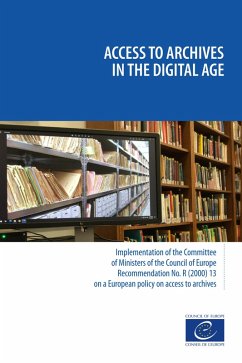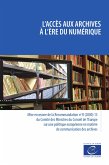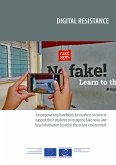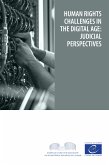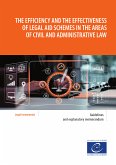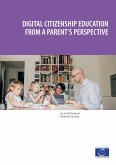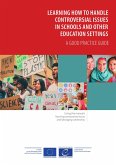Recommendation No. R (2000) 13 on a European policy on access to archives was adopted by the Committee of Ministers of the Council of Europe on 13 July 2000 on the basis that archives constitute an essential and irreplaceable element of culture. The recommendation was the first international standard in this field and it formulated several principles with a view to inspiring sound policies in the member states on access to archives, through legislation or by bringing existing legislation into line with the recommendation.
Following the adoption of the recommendation, a pan-European survey on European states' compliance with the recommendation was initiated. The results of the survey were published by the Council of Europe in 2005, Access to archives - A handbook of guidelines for implementation of Rec No. R (2000) 13 on a European policy on access to archives.
Two decades later, a new study has explored and evaluated the situation regarding access to archives in Council of Europe member states. This publication summarises the most important results of a Europe-wide survey on the situation of access to archives in general and on the implementation of Recommendation No. R (2000) 13 in particular. It highlights current and future challenges arising from digitisation and changing user expectations, thus providing background knowledge for civil servants and decision makers, archive authorities and archivists, the scientific community and civil society organisations.
Dieser Download kann aus rechtlichen Gründen nur mit Rechnungsadresse in A, B, CY, D, EW, E, FIN, F, GR, IRL, I, L, M, NL, P, SLO, SK ausgeliefert werden.

